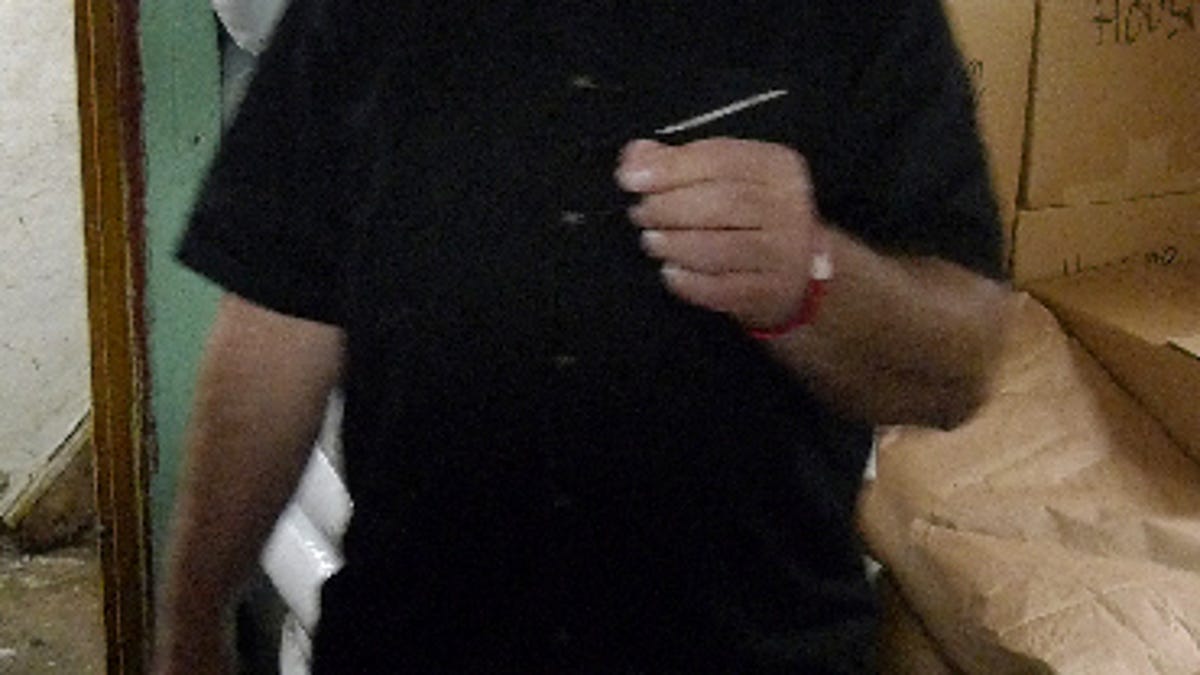Grado headphones, still made in Brooklyn
The Grado factory in Brooklyn may be a throwback to 1950s, but that's not a bad thing.

Grado Labs is located in a small, four story building in the Sunset Park neighborhood in Brooklyn, where Joe Grado started making phono cartridges in 1958. John Grado (Joe Grado's nephew) took over day-to-day operations right after he graduated from college in the late 1970s, but he started working at the factory when he was 12 years old. The little company was producing 10,000 cartridges a week (520,000 a year), so everybody pitched in to get the orders out on time. The CD eventually lowered demand, but they currently turn out 60,000 cartridges a year, and that number goes up every year. Grado Labs started making headphones in the 1980s, and they now make up the bulk of the company's output.
While most American audio factories assemble parts made in other places, Grado manufactures most of the parts of its phono cartridges and headphones in-house. The higher-end cartridges and headphones are made in lots of 25 pieces at a time. The wood parts come from an outside supplier, but Grado is that firm's only customer.
There's a good deal of hand labor involved in the manufacturer of cartridges and headphones, so I had to ask John Grado the obvious question, "Aren't you tempted to close this place down, and move production to China?" Grado is a low-key man, and he likes things just the way they are. He doesn't want to be a pencil pusher, and if one of his key employees is out for a day, Grado rolls up his sleeves and gets to work making cartridges or headphones. If somebody needs help packing and shipping a big order, Grado pitches in.
Uncle Joe launched a high-end headphone line in the 1980s, and those early models are still sought after today. But the original SR60 ($69) from 1995 was a huge hit with audiophiles looking for a great inexpensive headphone. The improved SR60i ($79), introduced last year is even better.
John Grado designs all of the phono cartridges and headphones "by ear," and doesn't use measurements to guide his work. He's been designing these things so long he builds prototypes, listens, adjusts the design, listens again, until he's satisfied with the sound. That's the "secret" of the Grado sound, so in that sense it's more of an artisan approach to building and designing high-end audio gear, but it's not elitist in its pricing. Grado cartridges start at $60 for the Grado Black, and there are many other affordable models in the line, but the flagship $3,000 Statement 1 phono cartridge is the ultimate expression of Grado's art. When I was a kid I used a $10 Grado cartridge in my turntable and absolutely loved it. John Grado is still working on new designs, always striving to make better-sounding products.
Headphone prices range from the $49 iGrado all the away up to the $1,695 PS1000 headphones. Grado also offers a small range of headphone amplifiers; pricing starts at $350 for the RA1, and there's a phono preamplifier, the $500 PH-1.
Grado headphones can last a long time, and I know more than a few people still using 20-year-old models. The headphones come a one-year parts-and-labor warranty, but after-warranty repair fees are reasonably priced. For example, Grado will repair a SR60i for $25. That coverage runs to the oldest SR60 headphones. The SR225i($200) headphone's drivers, broken cables, etc., are all repaired for a flat fee of $40. Fees for the higher-end Grado models are more, but they're still fairly priced. The repair work is fully quality controlled, and the fees include return shipping costs in the U.S.. If you accidentally sit on your Grado headphones and break the "C" bracket that holds the earcup in place, Grado will send a new bracket at no charge (the new one snaps into position).
Grado Labs isn't trying to be Sony or Bose; no, it just keeps on keeping on, offering great products and service year after year.

